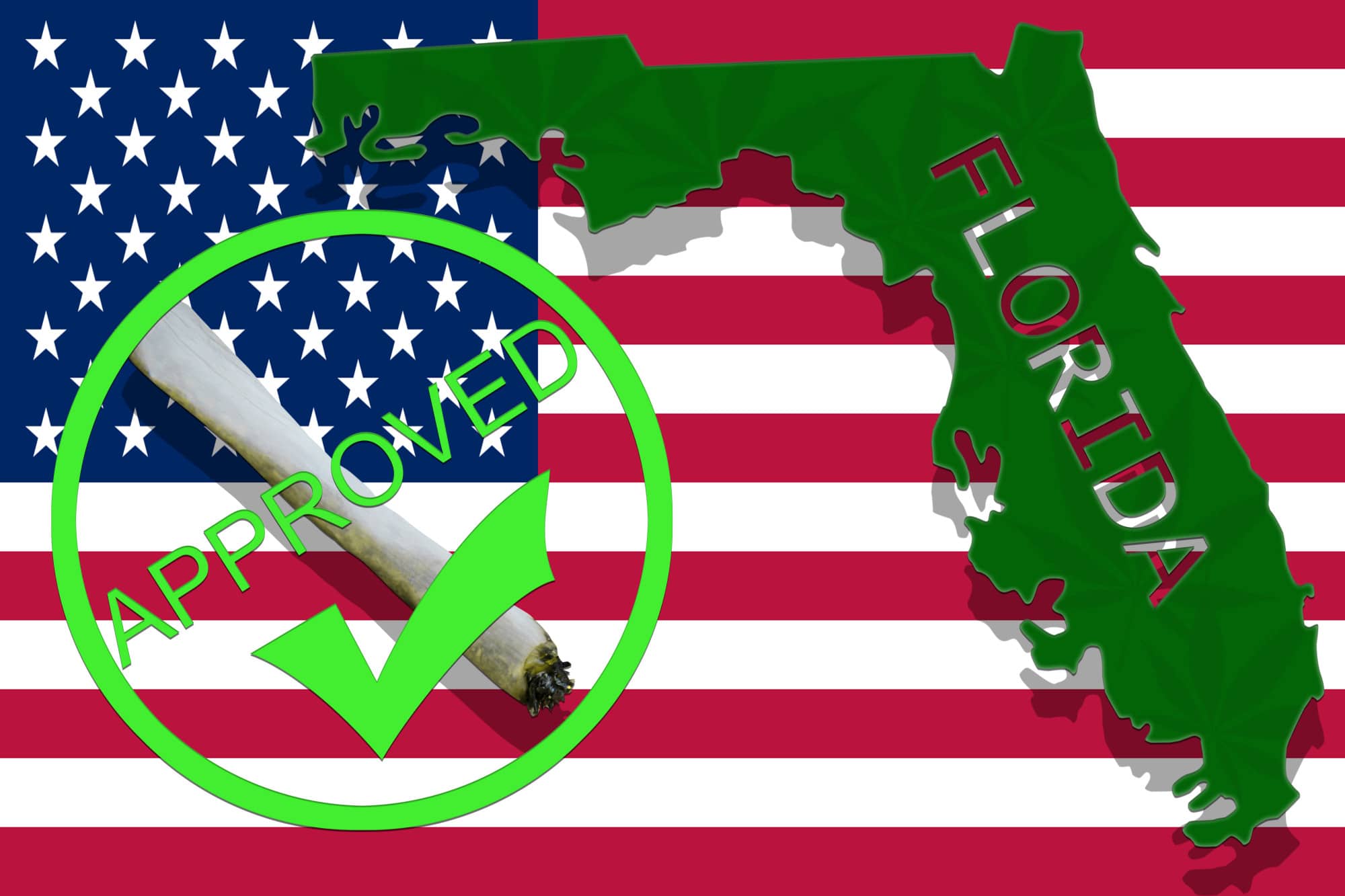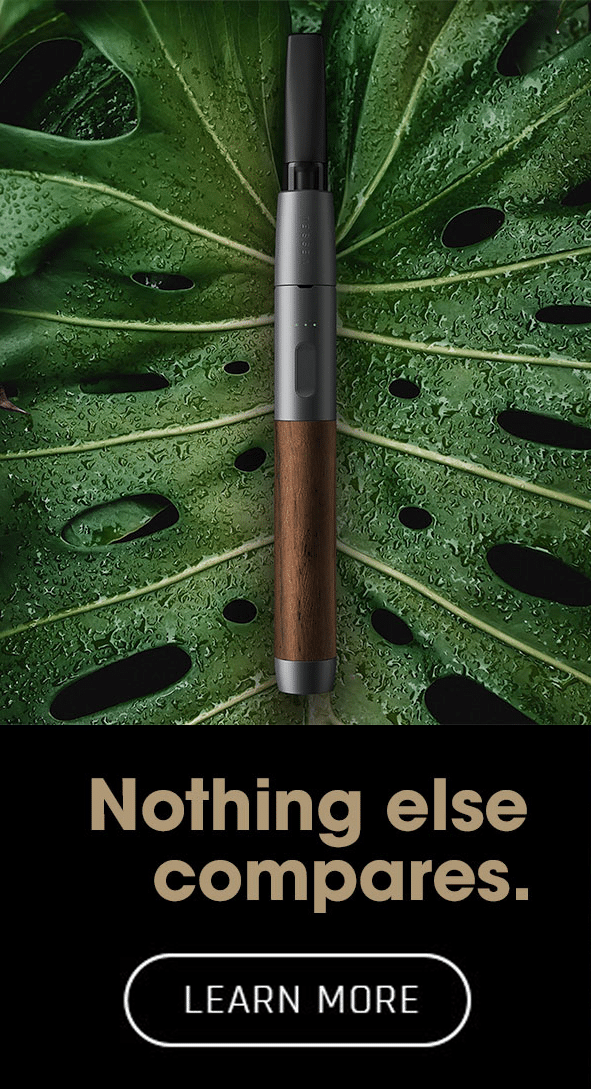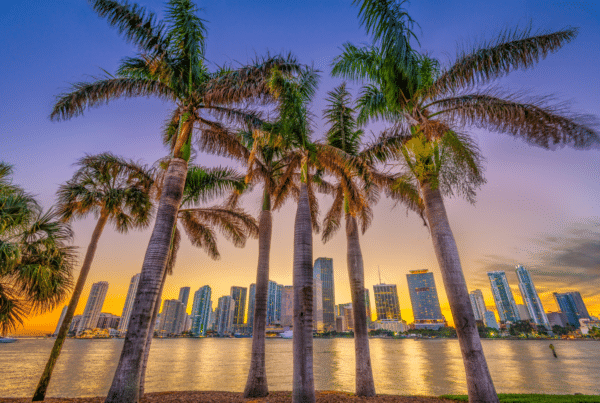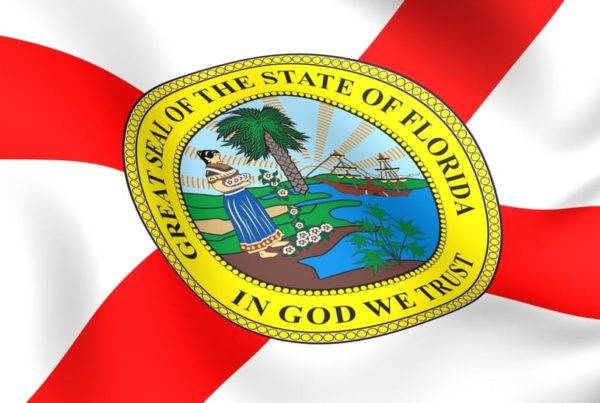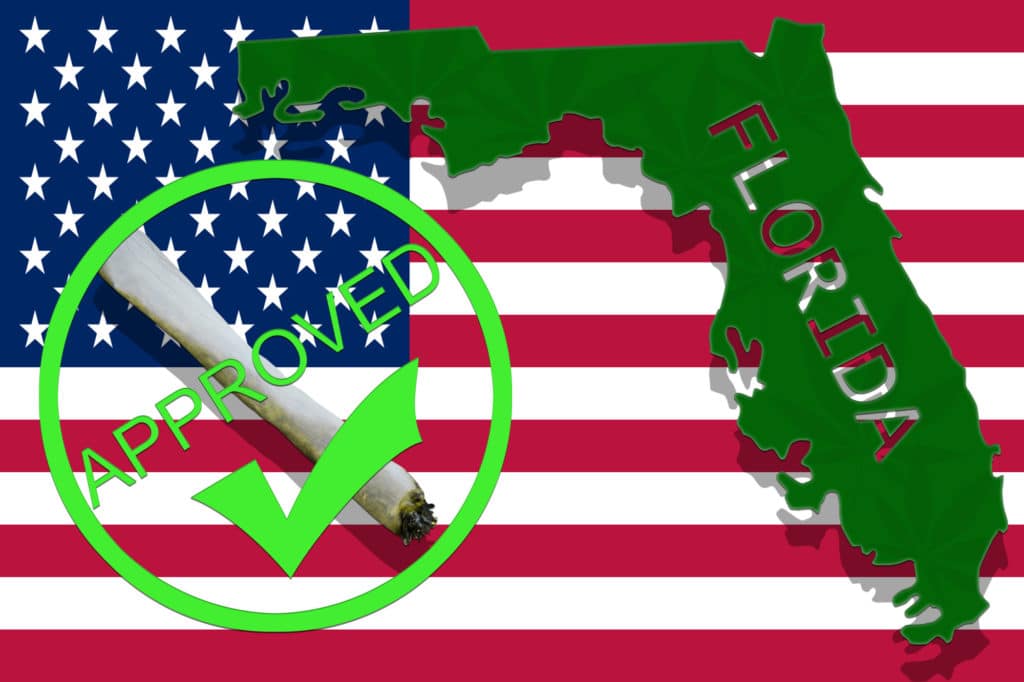
There are almost 150,000 medical marijuana patients in the state of Florida. Until late March, though, none of them could opt to smoke marijuana. That changed on March 15 when the Legislature passed a bill with a landslide vote.
With the ban on smoking lifted, many advocates felt they’d accomplished their goals. There was some concern about the next steps and when smokable marijuana would be available to patients.
We’ll look at the current state of Florida marijuana laws. We’ll also examine the update to the status of smokable marijuana.
The Turbulent History of Florida Marijuana Laws
In 2016, Florida voters approved Amendment 2. Over 70 percent of voters said yes to legalizing medical marijuana in the state.
In 2017, the Legislature placed restrictions on forms of marijuana available to patients. In particular, they banned the use of smokable marijuana for medicinal purposes.
They also put restrictions on using seeds and flowers. The only exception was in tamper-proof vaping cartridges. Possession of a vape pen was considered a felony.
Almost as soon as the ban passed, advocates launched a lawsuit. The suit claimed the ban on smoking was unconstitutional. A judge agreed with the plaintiffs and struck down the ban.
Rick Scott, then Governor of Florida, said he intended to fight the lawsuit. It seemed Florida’s patients would have a long legal battle for their right to smoke.
Things changed when voters elected a new governor in November 2018. Ron DeSantis said he had no intention of fighting the lawsuit. Instead, he ordered Legislature to craft a solution.
Repealing the Ban
Legislature complied. They delivered a solution to the governor in the first two weeks of the session. It was the only bill debated, and it passed with a landslide vote.
Upon receiving the governor’s signature, the bill became law. Patients could now opt to smoke their medicinal weed.
The bill made allowances for doctors to prescribe 2.5 ounces (40 grams) every 35 days. Patients can carry up to 4 ounces on them. If you don’t have a medical marijuana card, possession of more than 20 grams is a felony.
The bill also makes it possible to buy smoking paraphernalia, including rolling papers.
It also made it possible to have a vape pen. Patients had to receive delivery devices from a medical treatment center. Centers had to be approved by the Department of Health.
Restrictions Under the New Law
The new law contained some more restrictions as well. For example, patients may not smoke marijuana in public or on public transit. Smoking in enclosed areas is also prohibited.
Doctors can only prescribe smokable marijuana to people under 18 with a terminal illness. They must also seek a second opinion. At least one of the doctors must be a registered pediatrician.
The new law also gives physicians new responsibilities. They’re required to collect data and file paperwork. It’s up to the prescribing physician to determine if a patient meets the criteria.
Other Concerns Arise
Some physicians felt lifting the ban drew attention away from more pressing problems.
Many physicians don’t recommend smoking to their patients. There are concerns that smoking marijuana could lead to other health problems. Most physicians recommend other methods, such as vaping or the use of oil.
They said changes to the medical marijuana amendment didn’t address other issues. One of the major concerns is accessibility.
Patients in Florida often face shortages. The prices are also high, which can cause challenges for patients. The new law did nothing to address these problems.
Others expressed concern about the burden on physicians. Some felt the existing marijuana laws created more work for doctors.
The current laws require doctors to fill out a fair amount of paperwork. Some said the new law only increased the burden doctors face when prescribing medical weed.
Many physicians do support marijuana as a legitimate treatment for their patients. They want the state to make it easier for patients to access this effective alternative.
The Waiting Game
There were also concerns the new bill left Florida without effective rules on smokable marijuana. Governor DeSantis delayed his signing of the bill a few days. Some speculated this was to give the Department of Health extra time to prepare for the change.
The Department of Health has to approve treatment centers. The new law requires each center to produce and sell a rolled marijuana cigarette. The bill also creates requirements for warning labels and packaging.
The state’s health officials are crafting the rules about smokable marijuana. Government representatives cautioned it might take time for patients to see the change.
In the week leading up to the passage of the bill, business was brisk at the state’s dispensaries. The change is expected to provide a boon to the already booming business.
Officials promised to take swift action, and the change happened rapidly. The DOH was approving dispensaries to sell smokable marijuana within a week. The first sale happened on March 21.
Dispensaries had anticipated the change to the law. They’d made preparations well beforehand so they could move quickly when the law was passed. When the DOH gave the green light, they were ready.
Those involved in the industry were positive about the change. Some expressed hope that the end of the smoking ban would shift business from the black market. Patients who had bought on the black market would now head to dispensaries.
More Choice for Patients
The goal of this change to Florida marijuana laws was creating more choice for patients. In some cases, smoking may be the right method of administration for a patient. With the ban now repealed, patients should have access to the method that suits them best.
Keeping up with medical marijuana news can be tough, because the laws are evolving so quickly. We’ve made it easier. Take a look around our blog to get the latest scoop on medical marijuana.

